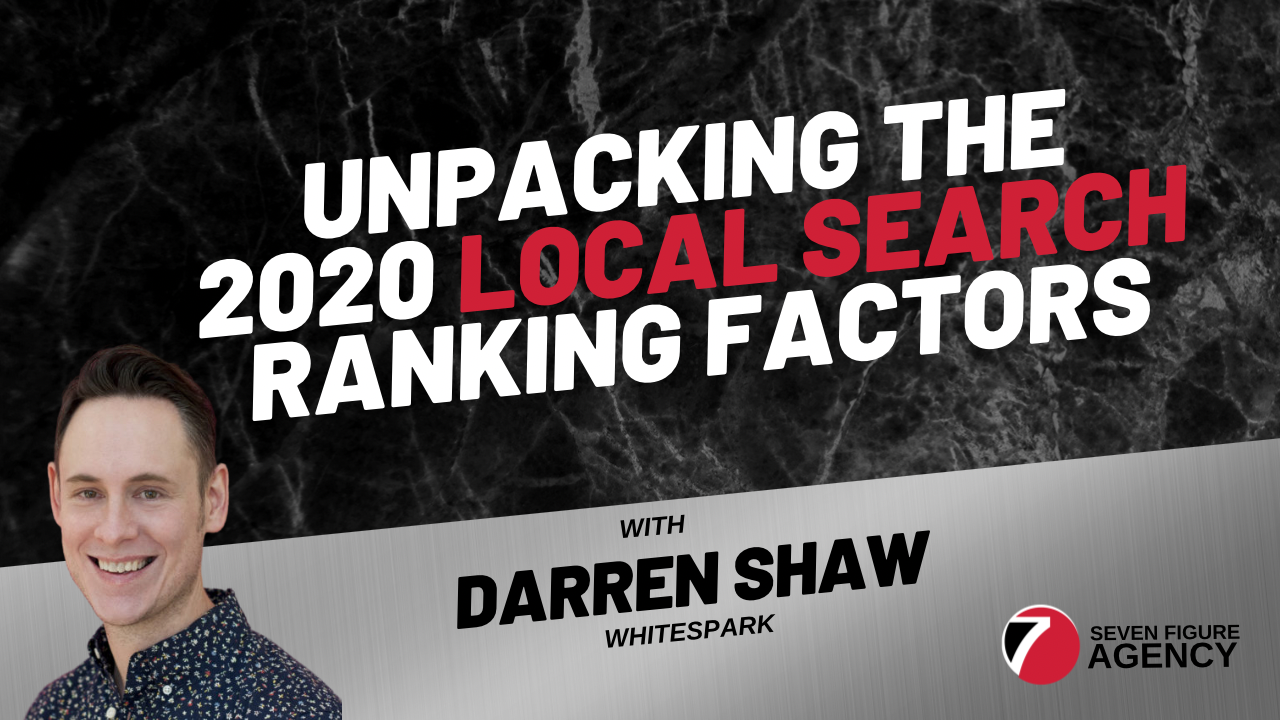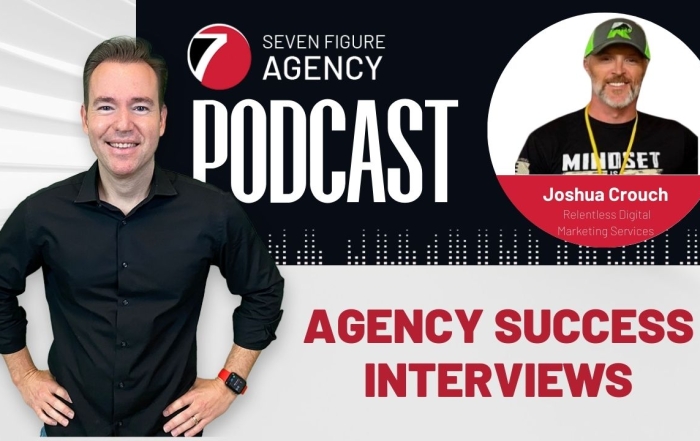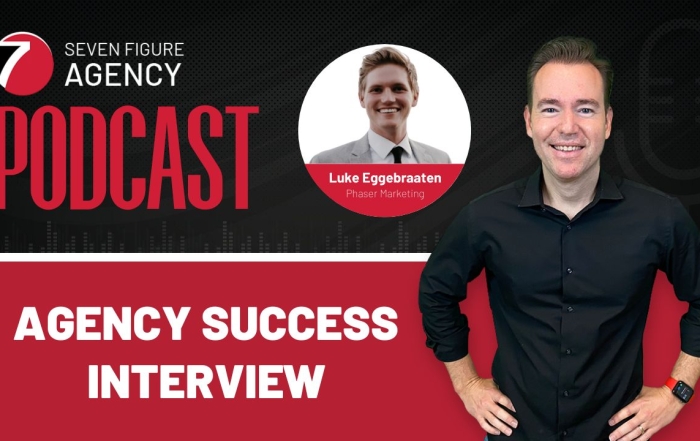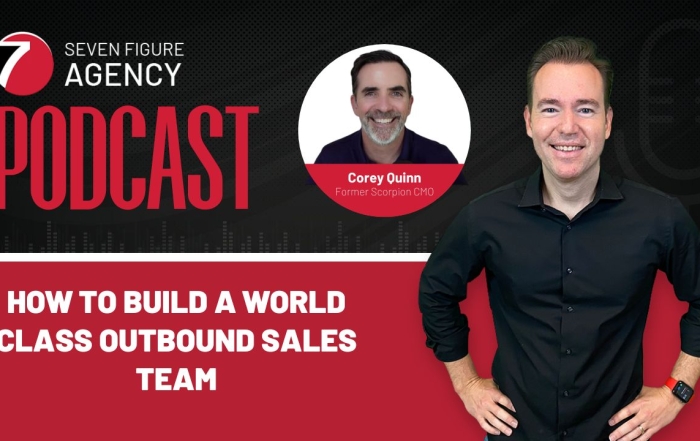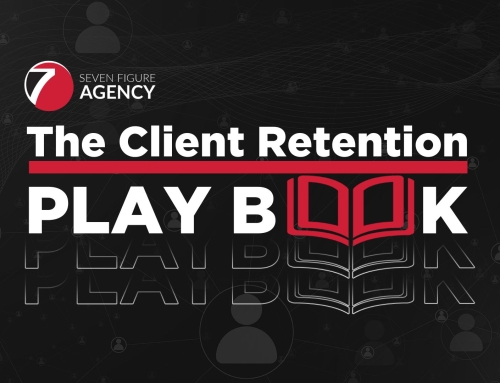Podcast: Embed
Darren Shaw is one of the TOP experts in all things local search. He’s also the Founder and President of Whitespark, which provides software and services to improve rankings and conversions from Google’s local results.
Every year he publishes a deep-dive report called “The Local Search Ranking Factors Survey.” To get these factors, Darren & his team interviewed 50 of the top Local SEO Experts and went DEEP on what they felt were the most important factors that contributed to ranking in local search.
In this LIVE session, we’ll explain the findings of Darren’s survey, the key insights, and what YOU need to know to drive better local ranking results for your clients. This will positively impact your local SEO strategy for 2021. Don’t miss it!
Outline of This Episode
- [2:27] The Local Search Ranking Factors Survey Results
- [9:20] #1: Primary GMB category
- [10:40] #2: Keywords in GMB Business Name
- [20:53] #3: Proximity to searcher
- [24:24] #4: Physical address vs. mailing address
- [26:21] #5: Additional GMB Categories
- [30:15] #6: Quality/authority of inbound links to a domain
- [31:39] #7: Get keywords in your Google reviews
- [34:05] #8 High numerical ratings
- [34:18] #9 Removal of spam listings through spam fighting
- [37:20] What else impacts local organic rankings?
- [40:32] What have the experts focused on in 2020?
- [42:33] Darren’s citation strategy for 2021
- [49:22] Local Search Ranking Factors: Myth Busting
- [53:50] GMB conversion factors
- [56:46] What harms local rankings?
- [57:53] How to improve your local rankings
- [1:03:28] Use Whitespark’s Local SEO Checklist Tool
- [1:04:50] Q&A Session with Darren Shaw
The rise of Google my Business (GMB)
From 2013 to 2020 the importance of GMB has continued to rise. It can influence rankings more than anything else. What’s become less important? Citations. In the early days of local SEO, citations were the ticket to ranking—not anymore. What is the most important?
Other than traditional on-page SEO and link-building, your primary GMB category will influence your rankings more than anything else. If you are a lawyer, you want to set your category as your specialty, i.e. personal injury lawyer. Darren emphasizes you must choose the category that most closely matches your money keyword: What is the #1 keyword you want to rank for?
Your name is the game
Secondly, the name of your business matters. Darren’s research has shown that keyword stuffing the name of your business works. But Google’s terms of service clearly state you cannot keyword stuff and it can and will get your account suspended.
Darren did some experimenting by adding “SEO Company Edmonton” to their business name on GMB. Whitespark jumped from not ranking at all to ranking at #21 and then settled at #6. So the concept works and Google obviously isn’t policing it well. But you do not want to violate Google’s TOS. So what do you do? Listen to hear Darren’s genius ideas!
Additional GMB Categories
Add any other categories that fit your business. Category dilution is not an issue—it’s a myth. Enter as many relevant categories that fit your business. Your rankings may actually increase. But adding completely unrelated keywords will tank your rankings. It confuses Google. If it isn’t clear what you do, it can negatively impact your rankings.
Pro Tip: Update your categories regularly, Google adds new categories all the time.
Amplify your relevance and your prominence
You have no control over your proximity to the searcher, i.e. how close your business is to the person searching. Darren tested this and local rankings are different from one block to the next. Google will always pull whatever business is closest.
In the local pack finder, you’re limited to areas close to your business. Changing search settings won’t impact rankings. Standard on-page SEO is how you change your rankings and expand your proximity. You have to amplify relevance and prominence by targeting local organic results such as city pages, neighborhood pages, etc.
How else can you amplify your relevance and prominence? High-quality links to your website are key. A link from a University will move the needle but a random unknown blog won’t.
The impact of Google reviews
When you ask a customer to give you a review, ask them to mention the service that you completed for them. It’s not just about the volume of reviews—Google looks at keywords in reviews as a relevance signal. If your competition has 80 reviews and you have 200 and push for 40, it won’t move you up the rankings. But reviews with relevant keywords will have a positive impact. What doesn’t work? Listen to find out!
The best citation strategy for 2021
Citations may not be the most important ranking factor anymore, but there are some things you should still be doing, according to Darren:
- Audit and clean up your citations on the top 12 sites (google, bing, apple, data aggregators, TomTom here, etc.). Do this anywhere that real humans will see your business data.
- Get every industry-specific citation you can find (local directories are the sweet spot and can give you a small boost). What’s specific to your state, city, and neighborhood? It gives you a trickle of authority and a relevancy boost.
- Update the top 30 to 50 general business directories (i.e. Yelp) If you do this, it’s a once and done thing (unless you move your business)
What are some things that don’t impact rankings? Darren busts some local SEO myths and shares actual GMB conversion factors. Don’t miss it!
The top 7 things you can do to improve your local rankings
- Set the best possible primary category in GMB
- Add additional relevant
- Ask every customer for a review on Google
- Add plenty of keyword-rich content to your website (including the homepage) internally linked to your service pages. Increase your relevancy.
- Optimize the keywords in your title tags, headings, and content. Google is a dumb robot that can’t read.
- Get links to your website and mentions of your business
- Ask customers to review you on other prominent review websites (aka, diversify). Hardly anyone is doing this. It’s the primary way to rank within the site itself. If you got a review on Brownbook, you get a link and a business mention on the first page of a page that ranks on the first page of google.
Listen to the whole episode for a Q&A session with Darren about topics like voice search, scholarship links, how to choose local areas, and using schema.
You can review the slides from this session below:
Resources & People Mentioned
- GMB Spy
- Local Falcon
- Textbroker
- SEO Content Hero
- Local Search Ranking Factors Checklist Tool
- 7 Easy Local Link Building Tactics You Should Be Using
Connect with Darren Shaw
- Whitespark
- Darren(at)WhiteSpark.ca
- On Twitter
- On LinkedIn
- White Label Citation Management & Google Maps Optimization
Connect With Josh Nelson
- Josh’s Coaching Page on Facebook
- The Agency Success Facebook Group
- www.SevenFigureAgency.com
- Seven Figure Agency on YouTube
- Josh on Twitter: @joshnelsonimc
- Josh on LinkedIn
Subscribe to The Seven Figure Agency
on Apple Podcasts, on Android, on Google Podcasts, RSS
Join Our Digital Marketing Agency Success Group on Facebook
Connect with 15,000+ other digital marketing agency owners. Share tips, ideas, and strategies for growing and scaling your Digital Marketing Agency. Click Here To Join The Facebook Group.
Watch Agency Success Interviews
Listen to interviews with highly successful Agency Owners on how they grew their business with our Agency Success Interview Series.


